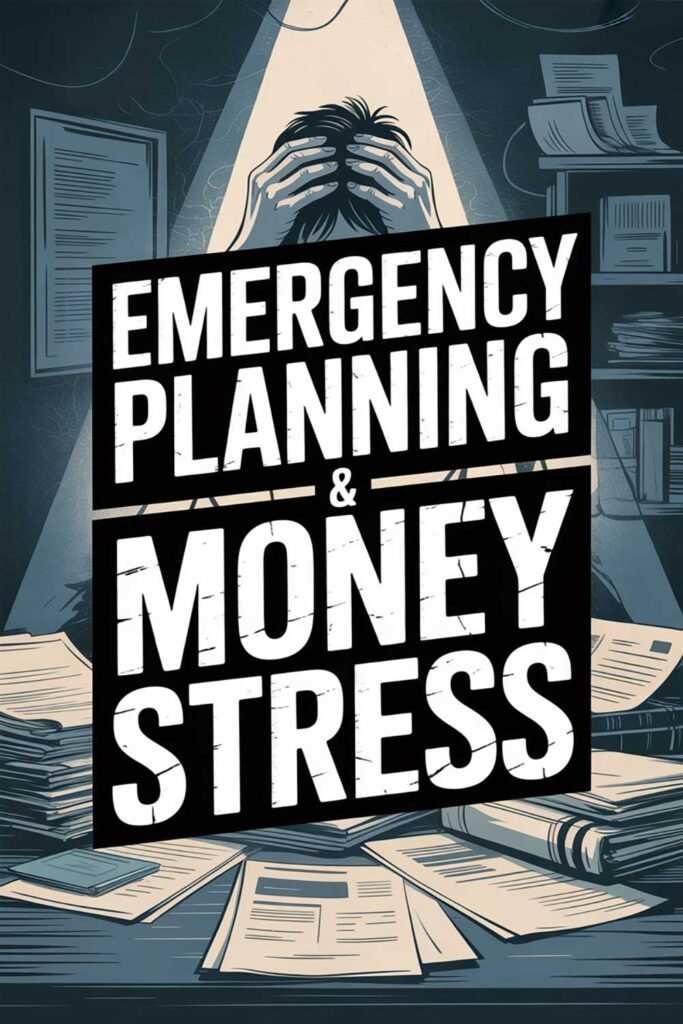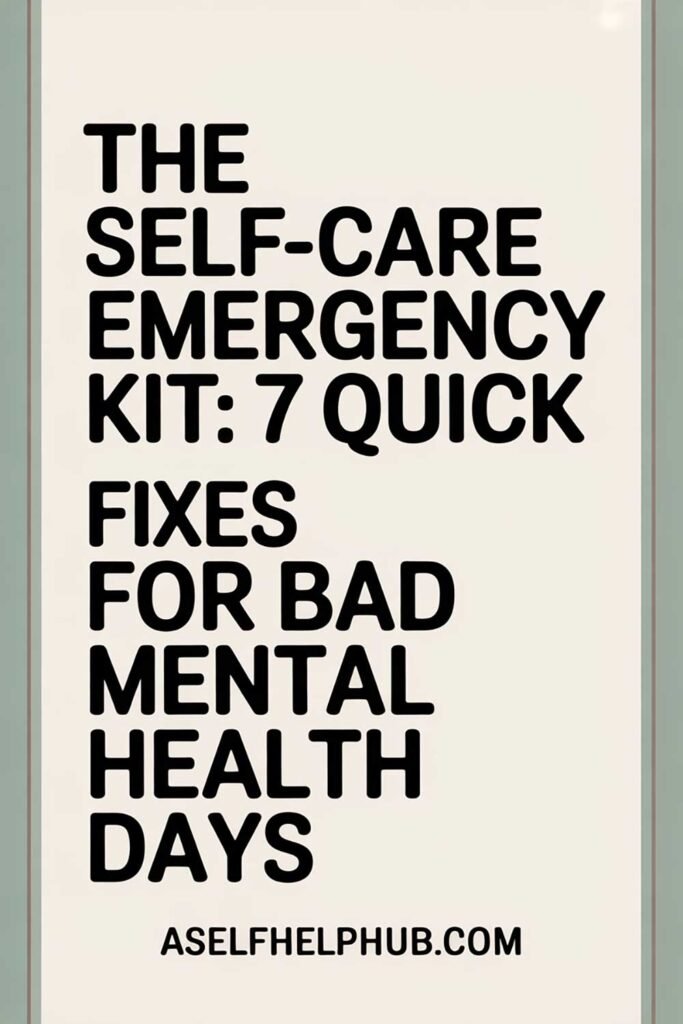The Difference Between Constructive and Destructive Criticism
Criticism is an unavoidable part of life, but not all criticism is created equal. Some feedback helps us grow, while other comments can be harmful or discouraging. Learning the difference between constructive criticism and destructive criticism allows us to respond appropriately, improve ourselves, and maintain our confidence. This guide will help you distinguish between the two and develop strategies for handling both effectively.

What is Constructive Criticism?
Constructive criticism is feedback that aims to help you improve. It is given with the intention of guiding you toward positive change rather than tearing you down.
Characteristics of Constructive Criticism:
- Specific and Clear – Focuses on particular areas for improvement.
- Objective and Fair – Based on facts rather than emotions or personal bias.
- Actionable – Provides suggestions on how to improve.
- Supportive – Delivered with kindness and encouragement.
- Focused on Behavior, Not the Person – Addresses actions rather than attacking character.
Examples of Constructive Criticism:
- “Your presentation had great content, but adding more visuals could make it more engaging.”
- “I noticed a few grammatical errors in your report; proofreading it one more time could make it stronger.”
- “Your communication skills are excellent, but speaking a bit slower could help your audience follow along better.”
What is Destructive Criticism?
Destructive criticism is negative feedback that lacks helpful intent. It often aims to belittle, discourage, or undermine confidence rather than provide guidance for improvement.
Characteristics of Destructive Criticism:
- Vague or Harsh – Lacks specific guidance or is delivered in a rude manner.
- Emotionally Driven – Rooted in anger, jealousy, or frustration rather than constructive intent.
- Lacks Actionable Advice – Provides no clear direction for improvement.
- Personal Attacks – Targets the person instead of their actions or work.
- Demoralizing – Can leave the recipient feeling discouraged or unmotivated.
Examples of Destructive Criticism:
- “Your work is awful. I don’t know why you even tried.”
- “You’re terrible at presentations—just stop talking.”
- “This report is a mess. Do you even know what you’re doing?”
How to Respond to Constructive Criticism
1. Listen with an Open Mind
- Avoid getting defensive.
- Focus on the value of the feedback rather than how it makes you feel.
2. Ask for Clarification
- If the feedback is unclear, ask for specific examples.
- Understanding the intent behind the criticism can help you apply it effectively.
3. Express Gratitude
- Thank the person for their insights.
- Recognizing helpful criticism fosters positive communication.
4. Apply What You’ve Learned
- Use the feedback to improve your skills and performance.
- Track your progress and revisit feedback to measure growth.
How to Handle Destructive Criticism
1. Recognize the Intent
- Ask yourself: Is this feedback meant to help me or just tear me down?
- If it lacks constructive value, it may not be worth your energy.
2. Stay Calm and Detached
- Do not engage in emotional arguments.
- Remind yourself that destructive criticism is often a reflection of the critic’s own insecurities.
3. Filter Out the Noise
- Extract any useful points and ignore the negativity.
- Focus on feedback from trusted and knowledgeable sources.
4. Set Boundaries with Harsh Critics
- If someone repeatedly offers unhelpful criticism, limit your interactions with them.
- Protect your mental well-being by prioritizing constructive feedback.
The Importance of Giving Constructive Feedback
If you’re in a position to provide feedback to others, strive to be constructive. Effective feedback fosters growth, strengthens relationships, and builds confidence. Here’s how to ensure your criticism is constructive:
- Be Respectful – Choose words that encourage improvement, not discouragement.
- Be Specific – Address particular areas for enhancement rather than generalizing.
- Offer Solutions – Provide actionable steps to help the person improve.
- Use a Positive Tone – Frame feedback in a way that motivates rather than deflates.
Inspirational Quotes on Criticism and Growth
- “He has a right to criticize who has a heart to help.” – Abraham Lincoln
- “Take criticism seriously, but not personally.” – Hillary Clinton
- “The trouble with most of us is that we’d rather be ruined by praise than saved by criticism.” – Norman Vincent Peale
- “Do what you feel in your heart to be right—for you’ll be criticized anyway.” – Eleanor Roosevelt
- “Criticism is something we can avoid easily by saying nothing, doing nothing, and being nothing.” – Aristotle
- “Your value does not decrease based on someone’s inability to see your worth.” – Unknown
- “Learn to use criticism as fuel and you will never run out of energy.” – Orrin Woodward
- “Any fool can criticize, condemn, and complain, but it takes character and self-control to be understanding and forgiving.” – Dale Carnegie
- “Don’t let compliments get to your head and don’t let criticism get to your heart.” – Lysa TerKeurst
- “Everything negative – pressure, challenges – is all an opportunity for me to rise.” – Kobe Bryant
Picture This
Imagine receiving feedback on a project. If it’s constructive, you listen carefully, take notes, and use it to refine your work. If it’s destructive, you recognize it for what it is and refuse to let it shake your confidence. Over time, you become skilled at distinguishing between helpful and harmful feedback, allowing you to grow without unnecessary self-doubt. How much easier would life be if you handled criticism this way?
Please Share This Article
If you found this article helpful, please share it with others who may struggle with handling criticism. Understanding the difference between constructive and destructive criticism can help everyone grow with confidence!






